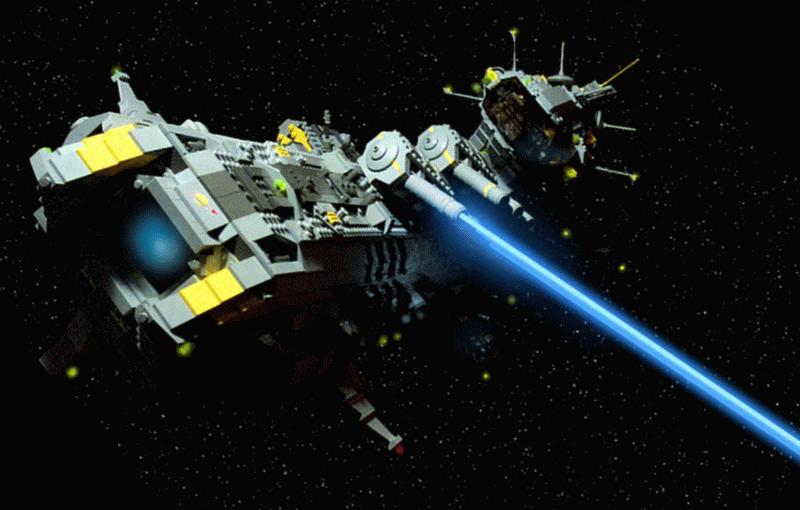I'm glad this is not a religious thread or no doubt somebody would be quoting stuff like this and saying alien visitors to earth have already been and gone..

ALIEN- "Jesus said: I am not of this world" (John 8:23)
STARSHIP -"Praise to the Lord, to him who rides the ancient skies above,
whose power is in the skies." (Psalm 68:33-34)
RADIATION SHIELDING- God said "When my glory passes by, I will put you in a cleft in the rock and cover you with my hand until I have passed by" (Exodus 33:22)
GENESIS PROJECT -"God made the worlds.." (Heb 11:3 KJV)
ORBITAL TRAJECTORY - "God sits on the circle of the earth" (Isa 40:22)
WARP FACTOR - "God rides upon a swift cloud" (Isaiah 19:1)
CLOAKING DEVICE - "God goes by me but I see him not" (Job 9:10)
TIME DILATION - "With God a thousand years are as one day" (2 Pet 3:8 )
MOTHERSHIP?- "I looked, and I saw a windstorm coming out of the north, the center of the fire looked like glowing metal...a creature approached...I fainted" (Ezekiel 1:4+)
STARGATE- Jesus said "Enter through the narrow gate, for wide is the gate and broad is the road that leads to destruction, and many enter through it."(Matt 7:13)
"David looked up and saw the angel of the Lord standing between heaven and earth, with a drawn sword in his hand extended over Jerusalem. Then David and the elders, clothed in sackcloth, fell facedown" (1 Chron 21:15/16)
